If your an indie filmmaker, this post might be a good reason to be excited about 2015. As foretold (Cue star wars prologue credits), Steven Spielberg and his best buddy George Lucas mentioned earlier in the year "The age of the blockbuster is ending". We are also sitting on the biggest year of sequels and tentpole films to be announced in recent history. Ted 2, Avengers 2, Star Wars, Despicable Me Minions and many others due out in the year 2015. Can you say popcorn crunching? Well the industry doesn't agree, but if Spiels and Lucas are on the money, then 2015 could be a very depressing year for the studios and a very exciting if not successful year for the independent film industry. What is the trend? What will audiences go see? The underdog, hopefully, will be the films with lower budgets, better stories and exciting ideas. Personally this news is very exciting and inspiring. Can I dream up a feature just in time for Hollywood to raise the white flag? Can I position myself in a way that I can thrive with this so called changing landscape? More importantly, how will you prepare for this upcoming "Movie Armageddon"? As we approach the next two to three years of film glory, are we approaching a new era of films? Tell me what you think, if you'd like, I think I'll start up the ol' sc
0 Comments
As I am currently moving into the next stages of post-production on my short film, I'd like to look back on some of the things I've learned from writing my fourth full fledged script. As many of you have probably attested to, script writing is sometimes the most exciting process and other times the most stressful time during a film process. Not merely because you are finishing the story and fleshing it out, but also going through other parts such as financing and finding cast and crew. This leads to many sleepless nights, plenty of phone calls and other things that eat your time and energy up.
It doesn't have to be that depressing! After all, we do have the most "entertaining" job. So here's a few things I've learned to do in the past year to help alleviate the stress: 1. DON'T WRITE ALL DAY LONG Take a break, sit down, watch a show, go play some Xbox, something!! Anything that'll happily fry a few neurons and get your mind to rest. Forced writing sucks to read, and if you force your script, your locking in more hours of rewriting for yourself. 2. Don't Edit!! Don't do it. Stop. Don't stare at the misspelled or unpunctuated word that the software's bugging you about. Stopping to edit or change something for purely mechanical reasons is often a buzz-kill and can immediately run you out of energy or interest to continue writing. I have literally forgotten things I wanted to write about in the midst of going back to fix a "typo". Let autocorrect or some other editor fix the mess ups, you focus on getting your thoughts on paper. 3. When It's Finished, Leave It Alone for a While Look at that, you finished your magnum opus of a script! Your master piece is there, nicely labeled on the front (As if you really took it to congress to copyright). Now, put it down and go back to GTA V or that book you probably stole the idea from. Leave the script to rest for at least a week, then come back and read it. See what sticks out as a problem, because if you thought it was gold while you were writing and now it sounds like crap, chances are there's something you can glean from that that was truly good. 4. Don't Hide From Criticism When it's truly done, you know you have to have other people read it, so don't expect thumbs up. And don't take your script to your best buddy, they'll always sugarcoat. Take your script to the people who's opinions you don't always like or agree with, maybe not directly but indirectly. They'll give you an honest answer and closest to possible the least influenced response. Worst response I ever got from someone on a script I wrote was "It's pretty good, dude." That is NOT what you wanna hear after four months of bleeding over a word editor. Get real, honest answers. And finally, expect rewrites!! There will be at least four to ten rewrites before you have a script someone will actually be compelled by. Good first draft scripts are few and far between. Sylvester Stallone hid in the corner of a gym and wrote Rocky in twenty-three hours, but he was homeless and in an abandoned building. Chances are, you have a job, a busy life, annoying friends who want to hang out at ridiculous hours of the day or night, and an avid disinterest in being left alone for an entire day in At the time of this post, I am in post-production on my fourth short film, and in the midst of DP'ing my sixth project. I have without a doubt, progressed more in the past two years as a filmmaker and a person. A great piece of advice I once heard was that "a director cannot make great films until he has lived a great life." That is to say, not great in a monetary sense, but great in that he has experienced a myriad of the human condition and can draw upon personal experience to create more meaningful art. Below, I'd like to share with you a tidbit of my work, and if you like, let me know what you think makes a good filmmaker below in the comments!
Making the most of those hectic weeks known as production. The number one reason for my absence, besides the fact that I was in the midst of transferring to college life, has been that I just recently wrapped on my fourth short film entitled The Deceived. I've been in post-production for the past month and a half, which despite everyone's hectic schedules has been moving along in a timely fashion. I'd like to take a pause and go over some things I learned while in production this summer. SAVE THE BEST FOR LAST: Within a week of production, it was pretty obvious we had planned our schedule out properly, saving the hardest scenes for the actors, later on in the schedule, and getting the more logistically difficult scenes out of the way first. This was extremely helpful as our lead actress was from out of town, and had not met us until the day before the shoot started. Getting to know her and vice versa through the first few days of shooting was necessary in making sure she was at her working best by the time the week neared the end, and then we neatly eased out of the shooting with a few pick-up scenes and b-roll. USE SHOT LISTS JUDICIOUSLY: Before the shoot, I was under the impression that every film must have every line and shot in the script planned and written or drawn out before hand. Well, that sounds nice and professional, but it's not always as conducive or easy as it seems. The first two days of the shoot, I had neatly drawn out shot lists, all pretty and inked to show to my crew. Fast forward to Tuesday night, and I'm sorting BMCC raw footage, with no time left except to sleep. Wednesday there is no shot list. Minus a few comments from about it, me and the crew are able to still move at a good albeit faster pace and finish within a reasonable amount of time. Shot list is something you want to rely on very loosely, unless you are doing VFX heavy sequences or stunt related things. If you can visualize and inform your crew of the shot you envision in a timely manner, then a shot list is nothing you need to concern yourself with. PLAN TO GO OVER-TIME: In as much as you want to be the nice, clean-cut film shoot that leaves on time and leaves the place spick and span, sometimes that's just wishful thinking, especially if you over-fill your schedule for any particular day. Your final shot for the day may claim that it's over at 5:00 on paper, but it's more likely than not, you'll still be doing takes at 5:45 with the owner either breathing down your neck or locking you in the building. So the remedy for this? At every location, don't promise to be out by any particular time, especially if you have an inkling you may be a little over schedule, even by a little. MANAGE YOUR EXTRAS:
Dealing with extras can be a nightmare if you don't plan their life out for them while their on-set. On one particular day, we had ten extras waiting to be filmed as we debated over a scheduling mistake. We failed to realize that while we were doing all our other work, the extras had been dumped in a room and were getting restless and concerned about how long they were going to be there. Plan things and have food for your extras to do, especially when your on a large set, or a location that needs to be controlled more. FINALLY: Relax. Relax, relax, relax. Nothing is going to blow up if you can't finish a few scenes that day, or your actress is late for an hour. You can still recover. The largest setback I have faced is being stubborn and not opening myself up to new or more easier ways of doing things. Listen to your crew, a few of them know what their talking about, don't try to do it on your own. Say thank you every chance you get, and be aware that everyone else is sacrificing the same time and effort you are, no matter hard you think your working. Some may not appreciate it as much as you, but they sure do know and (should) respect your work and time. This is a team sport, play it well, and have fun. Something is obviously going on with the visual effects industry, as duly noted on the Oscars this year. But does that truly mean we are in some sort of flux, or are we merely shifting? This year has been full of predictions and shifts, from Walt Disney and Paramount Pictures making $50 million dollars worth of expansions, to Spielberg and Lucas making the ominous prediction of a coming end of age for Blockbusters. One must wonder, what does this mean for the filmmaker? Not just the indie filmmakers, even the studio directors, are all involved this time. Are parts of the way film is done, dying out? Are they becoming obsolete, excess that can be done efficiently and properly? This question remains to be answered, but it is most likely a yes, in my humble opinion. As an 18-year old filmmaker, I have obviously never touched true film cameras in my life, but has forever been a dream of mine, especially when I realized it was dying out. Now, the mere idea of film is unappealing to some, but to others its just a way of life. A usual process. Like other parts of the industry, the capture method is changing every day, with the focus now on 4k imagery and the like. Cameras are more affordable and more diverse than ever. It's obvious now, that film is dead, and only the true elite filmmakers have access to the last remaining precious film stocks on earth. So, that's one form of the industry that is died. Goodbye celluloid. Not only has the capture method of film changed, but so has the ingestion and mastering of it. Some predict that in the next six years, the place of the Colorist may become obsolete as more productions take to the On-Set DIT and tools like Light Iron Digital's Lilypad. Why go to the Post House for coloring if they've got the image they want right on set? Personally, I truly don't know what to think. Post has been on the move to joining production for at least two years now. I believe that these jobs such as the Colorist will not disappear, but be refocused, such as the colorist joining the on-set crew, as they still need his expertise. For now, the post production industry is in good hands and doing fine. The last industry I want to cover, is probably the most underrated one of all, the VFX industry. Since I started out learning animation, I hold it the closest to my heart. There would be no memorable shark or t-rex, transformer or vampire without this industry bending over for everyone else. They toil countless hours to achieve near impossible action and visuals. Some fear that the outsourcing of vfx work is what is killing the industry, but the actual killer is the fact that there is near an overabundance of studios and not nearly enough work. Too many mini studios that make it difficult to manage and distribute work to properly. This industry is one of the best, and the only way to keep it alive, besides more films, is to become more streamlined, not so spread out and sparse. We make films shine, achieve impossible scenes, and inspire millions of dreams. Of course, I have only covered the technical side of the industry in this article, but we cannot forget Walt Disney's mantra "Story is King". As the industry as a whole shifts and changes, we must remind ourselves of that goal and idea. No matter what happens to the gear or studios we use, we must always strive to make the most compelling stories as we possibly can. That is the real measure of success or failure for a film. I'd like to leave you with this amazing video, detailing the sheer amount of vfx work done on the engrossing film The Great Gatsby. Enjoy:) The Great Gatsby VFX from Chris Godfrey on Vimeo. Unless you live under a rock and don't pay attention to new technology in the film industry, you have probably heard about the ambitious Magic Lantern hack that allows for raw footage be shot on nearly every recent camera of Canon. Without a doubt, it is the most exciting development in recent memory and provided it matures into solid and reliable software it will definitely become one of the biggest game changers we've ever encountered in the past few years. I mean, consider it for a moment. Technology that was only available to those with large budgets or rentals was just leveled last year by BMCC. Now, almost suddenly, nearly every Canon owner has in their hands, a newly valuable piece of gear, that before then was relegated to those with more resources. Now we can capture utterly amazing images from the same cameras that brought about a revolution in the way we film. Just look at some of these films below, not merely mimicking the beauty of an Arri Alexa or RED Epic, but carving its own take on light: Had to stop myself before I got too carried away, this stuff almost makes me emotional! But seriously, these images rival the quality of many different cameras. The possibilities are endless, provided we all stay with it, and keep pushing forward on this new medium ability. Personally, I see no true reason now to upgrade from my Canon 550D for the next year or so, provided I remain with size of projects I do now. Now, on the same token, I am in the process of preparing for a budget short film at the end of the month, which will be shot on the BMCC. The film is a vfx film and is for theatrical projection at film festivals. Because of the needs of delivery, I am using that camera. I believe in the idea of using whatever camera fits the project and your pocket. And I also like testing out different kinds of gear:) As film technology continues to evolve, I am excited to see where this goes, and am hopeful in the increasingly affordable and inventive industry. If you own a Canon camera yourself and have not tried the RAW hack yourself, give it a shot and download it at: http://www.magiclantern.fm/forum/index.php?board=49.0 And here's one last film to watch, more narrative than the rest, an excellent example of utilizing this new advantage and gift: Three Rounds from Ryan Robins on Vimeo. As a student filmmaker, I have one of the most interactive jobs in the world. I spend countless hours working with either client, crew, or vendors, to achieve the envisioned product. I am constantly using email, social media, cloud services and apps on my iPhone to stay wired and in contact with people and my work. SOCIAL MEDIA- One form of staying on top of interactivity and maintaining an audience, is by connecting and networking through social media such as Facebook, Twitter, Vimeo and various other sites. I use Twitter and Vimeo to build a decent sized audience. One that is always updated on my latest endeavors. One way I use Vimeo is by connecting with other professional filmmakers and dialoguing with them about their process, ideas, and artistry. At first glance, Vimeo seems like merely a video sharing site for filmmakers, not a social network, but in reality it is social network. Every day a filmmaker has the opportunity to communicate with millions of other like-minded individuals and seek critique, advice, and encouragement from them. Twitter has always been a massive form of speaking to the general public, as it is less private than Facebook. I use my Twitter account to promote any agenda I may have at the time, from new movies, cast and crew calls, etc. As a 21st century filmmaker though, I almost have an obligation to use every form of social media to interact with my audience and peers. CLOUD SERVICES/ APPS- With the advent of the iPhone and the explosion of the cloud, filmmakers like myself have not been inconvenienced, but more likely, we've been given more power at our fingertips. I can now share takes of a scene from an iPad with at least ten other crew or cast members in different locations. This cuts back on the time it takes to load it into the computer and other time-consuming processes. There are many companies who recognize and utilize the new tools of our day. One such company is Light Iron Digital, a fore-running Post-Production studio in California and New York. They have innovated and charged forward with providing reliable, color corrected dailies straight from the camera, nearly right after the cut. An on-set artist, the DIT (Digital Imaging Technician) takes the footage and uses their portable, rental-only hardware kit, The Lily Pad, to digest, timecode and color correct the footage. This saves many different steps. Once the footage is done, Light Iron Digital utilizes the cloud and wi-fi technology to send the final daily to any crew member who has an iPhone or iPad. Their software also allows for each person to comment on the footage and make adjustments. Thanks to Light Iron, filmmakers can now review and critique their work in minutes, from anywhere in the world. This form of interactivity would have been near impossible a few years ago, and non-existent a decade ago. CONCLUSION-
Film-making has grown in leaps and bounds over the past few years, as has Social Media and interactive services. As the culture becomes more saturated in media and connectivity, we must also connect ourselves to these tools. I plan to connect with my audience and team members in the easiest way possible, by using social media networks to take my story telling to the next level. After all, story is King. As he made us all so painfully aware in his breakout cult hit Drive, Nick has a penchant for striking imagery and potent violence, which would lead you to believe he is a somewhat violent man, or partially insane. On the contraire, he seems to be a soft spoken and reserved man, much like the protagonists of his recent films.
His latest visage of art, Only God Forgives, recently premiered at the Cannes Film Festival, to the most split reviews, probably to his delight. Many were overwhelmed by his violent boiling pot of violence and aggressive imagery, combined with the stellar yet silent attitude of Ryan Goslings character. The film is out on July 19th, but I'll refrain from recommending it, as the Cannes crowd had quite a few people leave during the film due to it's pseudo-violence. I am interested in this director not because of his obsession with violence, but because of his style and obvious strong sense of film. Why are his films so potent, and left burning in your mind long after? The stories are not exactly mind blowing but they have this hold that keeps you glued to the screen. Glued to a screen with an actor who utters barely a word! I wish to become such a filmmaker, who welds this kind of power over his audience. Who else has made such an vibrant film that captivated you in recent years? Comment below! Well it's that time again, the summer is upon us and the theaters are filling up. I just recently watched Star Trek Into Darkness, in IMAX 3D. Needless to say, it was a very exciting and inspirational event for me. I left the theater wishing I could do a little bit of shooting on Anamorphic and a few star blasters. As the season starts up and the popcorn machines reach their maximum output, here's a line up of some sure fire hits: Man of Steel-Most definitely my favorite. Between Chris Nolan's hand on the project, and Zack Snyders unique style, this film has the makings of a blockbuster. Pacific Rim-On first glance, this looks like a basic Transformers meets Aliens, but it's more than meets the eye (wink, wink). I advise you watch the trailer. The Wolverine-Jackman is back in full swing, Admantium claws and all. Without a doubt, this Marvel film is definitely on a more serious note than the last few entry's in the Marvel Universe. Excited yet? Well don't worry, I'll post a few more soon. If I forgot any exciting blockbusters, please mention them in the comments.
|
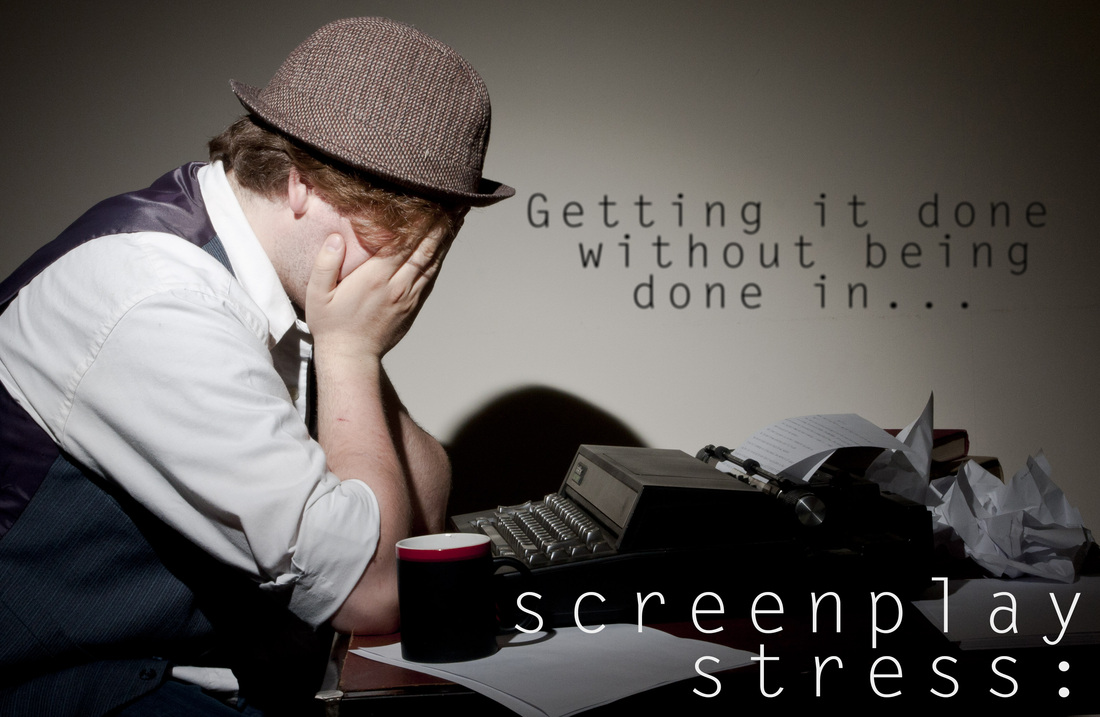
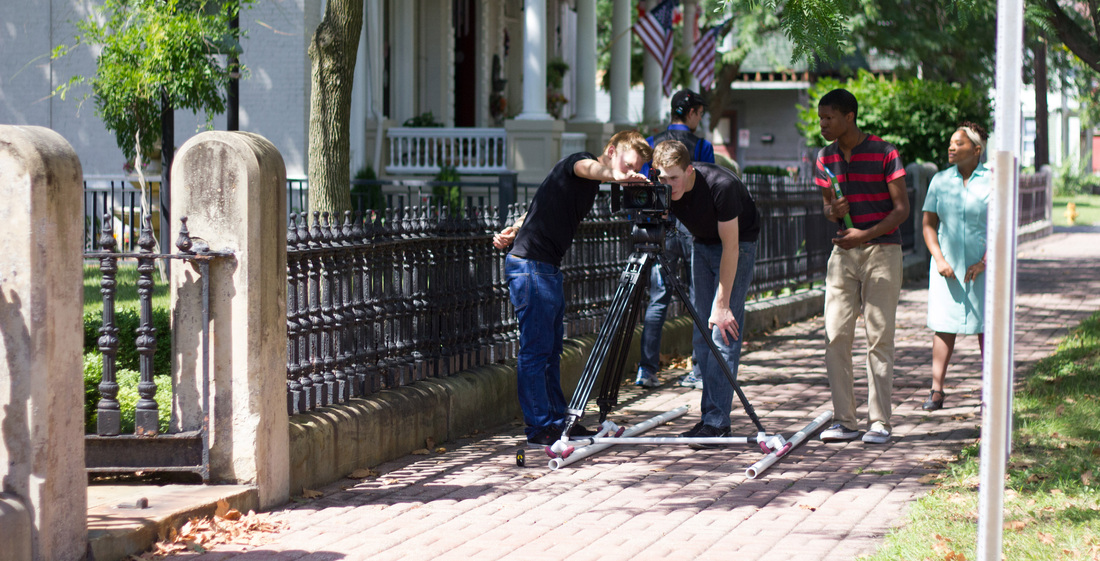
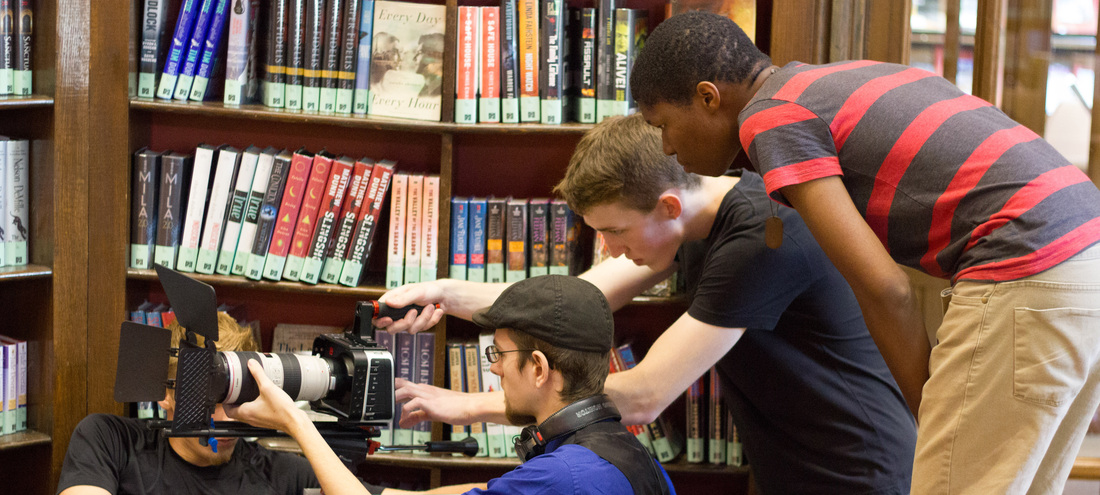
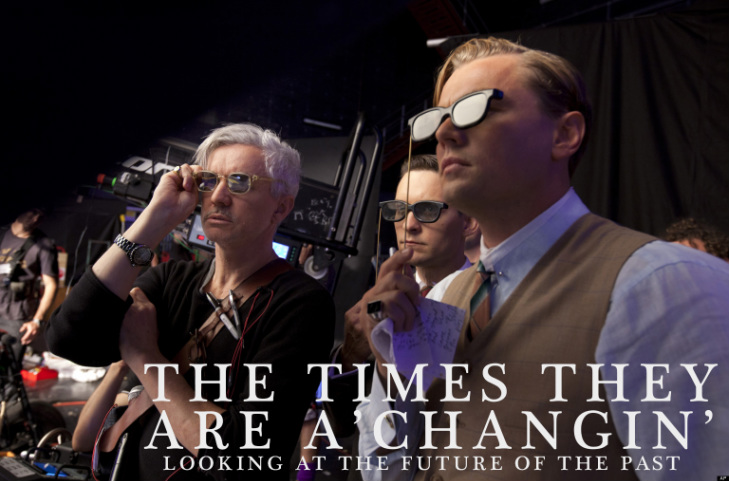
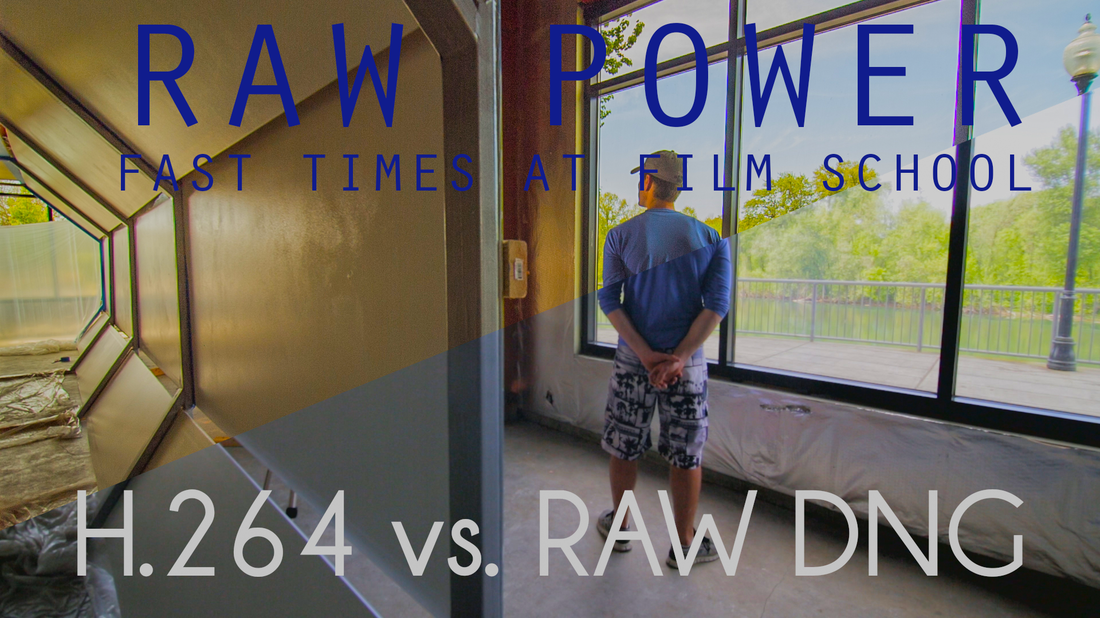
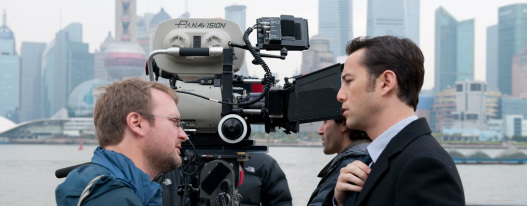



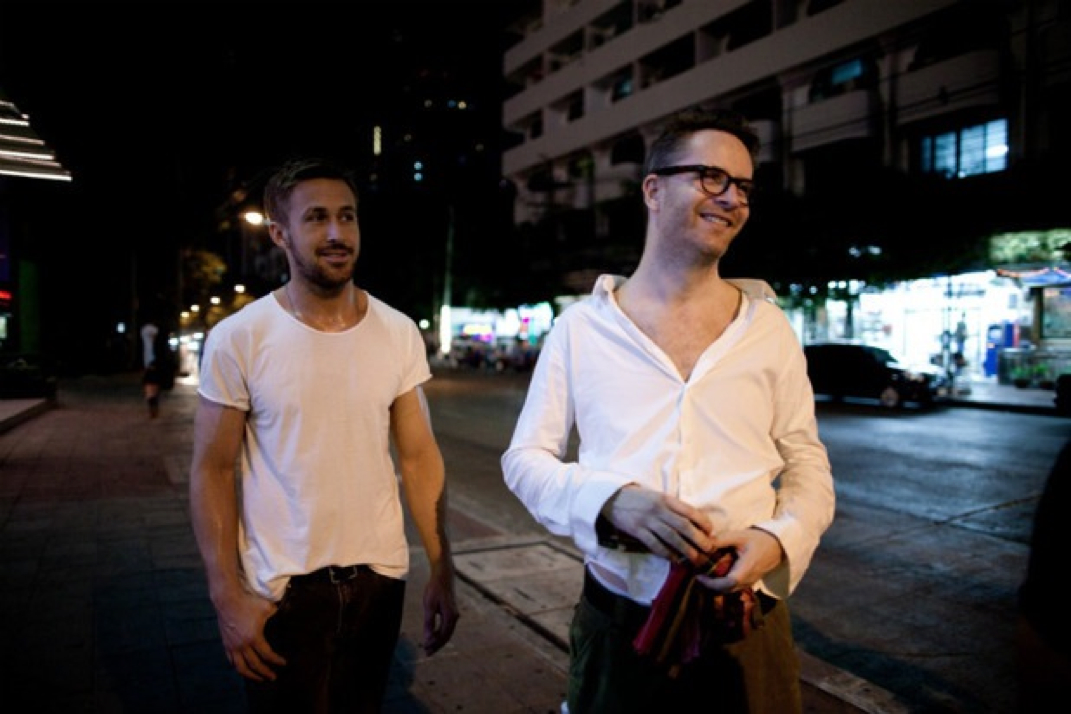
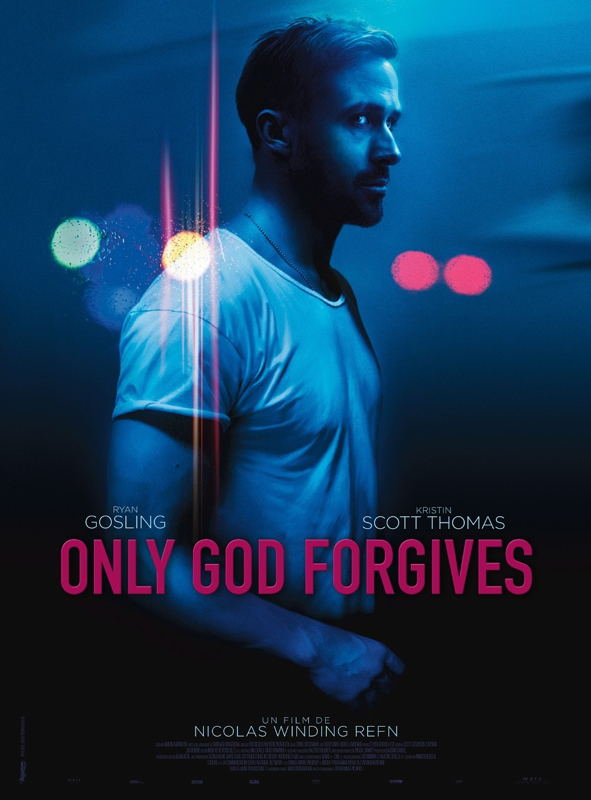
 RSS Feed
RSS Feed